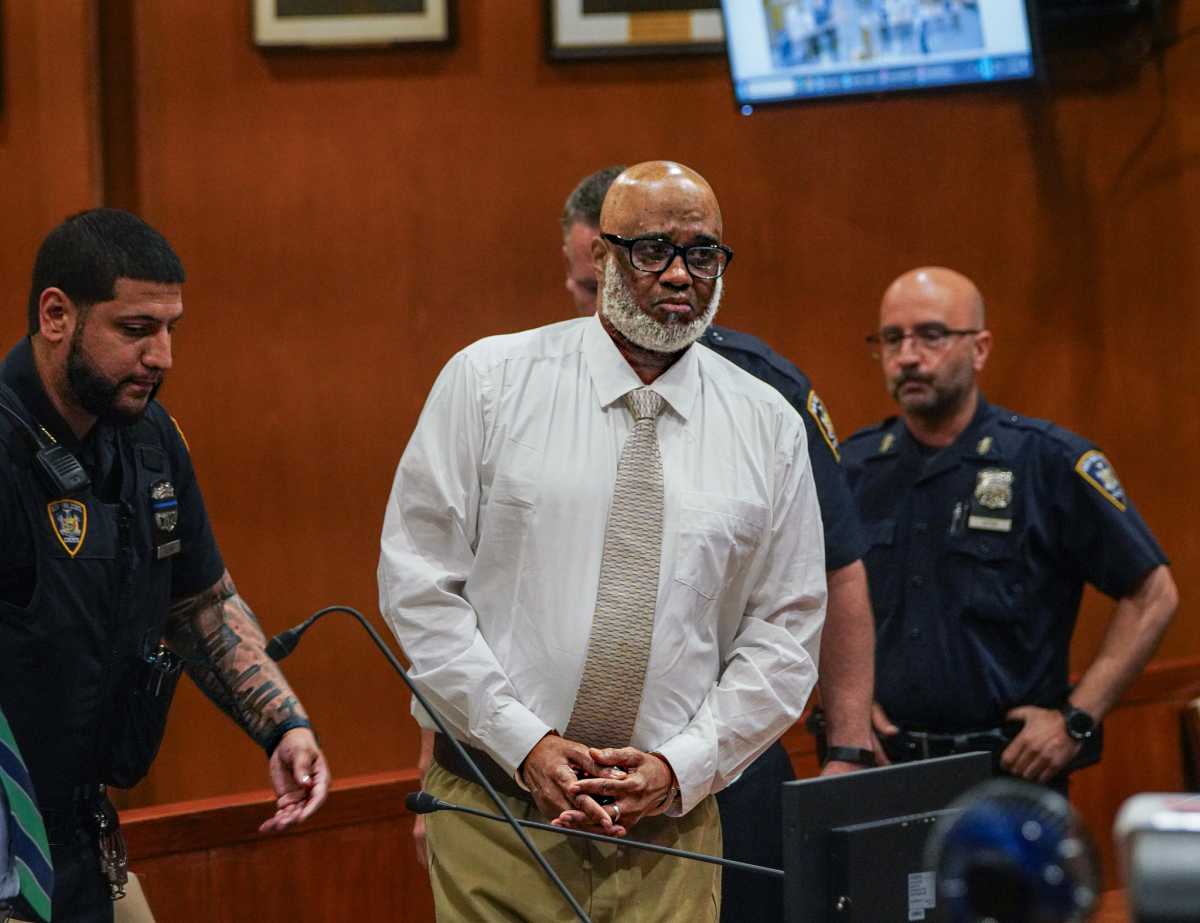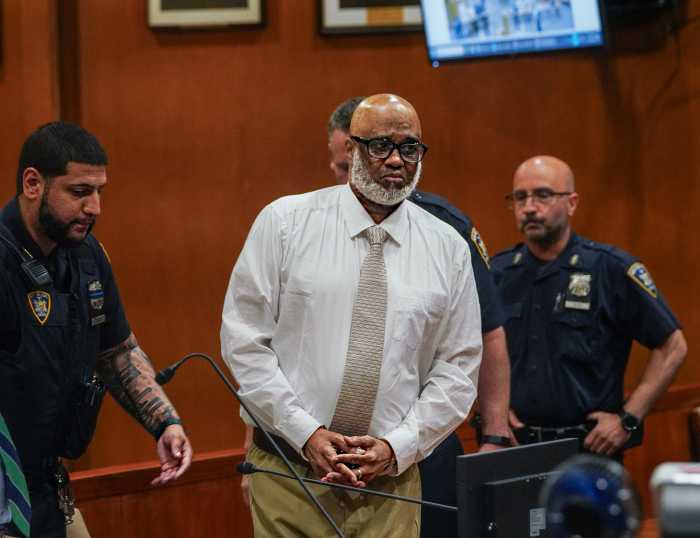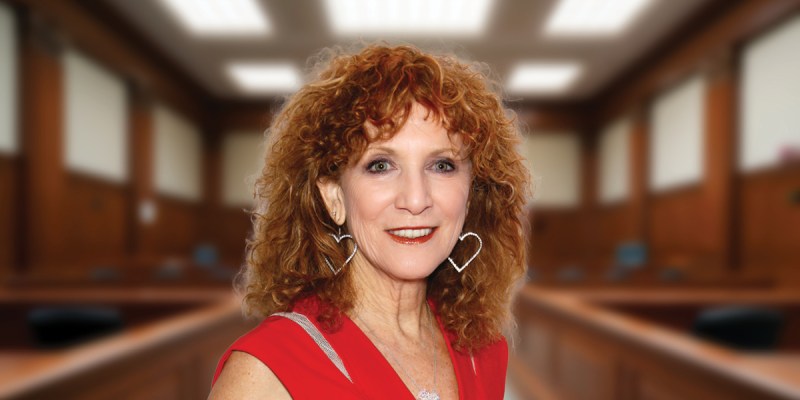For the past quarter century, non-profit nursing homes, who provide health care for older adults, have voluntarily made major improvements in quality of care and quality of life, despite reimbursement at price levels reflecting outdated costs, dramatic spikes in insurance, labor, utility and drug costs, and the increasing medical complexity of the nursing home population.
Parker Jewish Institute, for example, pioneered short-term rehabilitation for older adults some 25 years ago. This inpatient restorative therapy program, which serves those recovering from surgical procedures, strokes, amputations, injury and illness, now discharges 1,500 individuals back to home, back to their families and back to life, each year.
Part of the great success of this program is undoubtedly the investments made in the training of direct care staff. The Institute’s innovative community health programs, including adult day health care, Alzheimer’s day care and home health care, also help older adults avoid institutionalization and remain where they most want to be - in the comfort of their homes.
Parker even developed a community hospice program that provides services for the terminally ill and their families, in their homes. The Institute is not alone. In fact, 84 percent of all nursing facilities that offer home health care services are not-for-profit or public, and 75 percent of all nursing facilities that offer adult day health care are not-for-profit or public.
It is clear that compassionate, mission-driven organizations that possess the greatest expertise in the health care of older adults are steadfastly committed to providing New Yorkers with a more patient-centered system, and one that recognizes the need for more community-based options.
Slashing Medicaid funding for nursing homes, at a time when the population of older adults is growing at an unprecedented rate, is counterproductive to the governor’s, the legislature’s and long term care professionals’ goal of creating a more patient-centered system. Moreover, it threatens to undo reforms already underway.
As the governor has stated, let’s not “just throw money at a problem,” and let’s not reward those who are not doing the job. Instead, let’s make investments in excellence and provide incentives for high quality care that will ensure the development of an efficient system.
“Medicaid” is a payment system, not a health care policy. We implore all parties to carefully review the state budget to make sure that it reflects the commitment that we all share - a policy dedicated to providing the best health care for seniors - those who helped build the umbrella of freedom and opportunity under which we all thrive.
Michael Rosenblut is President and CEO of Parker Jewish Institute for Health Care & Rehabilitation































